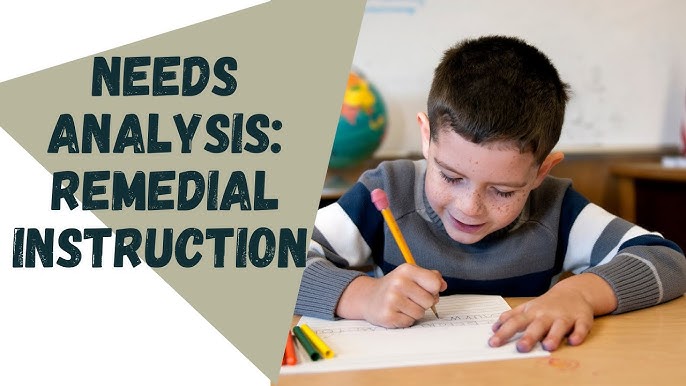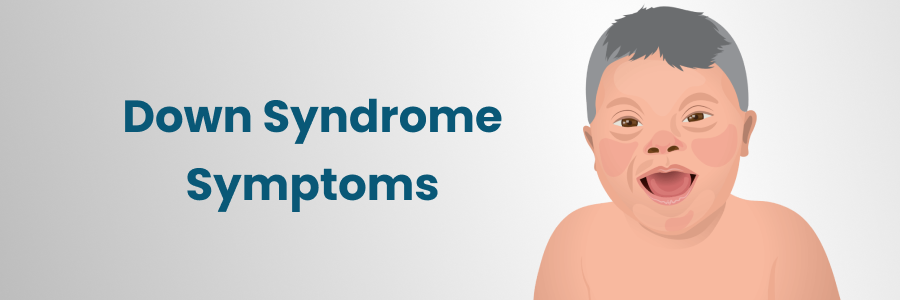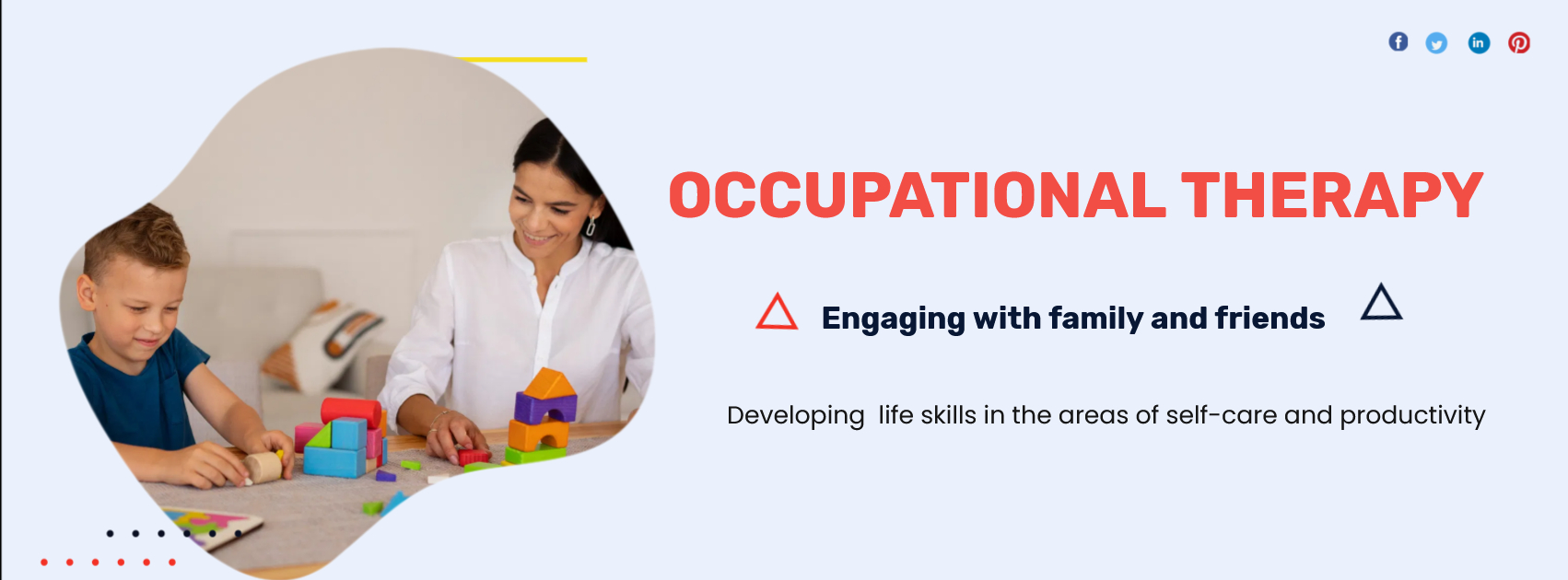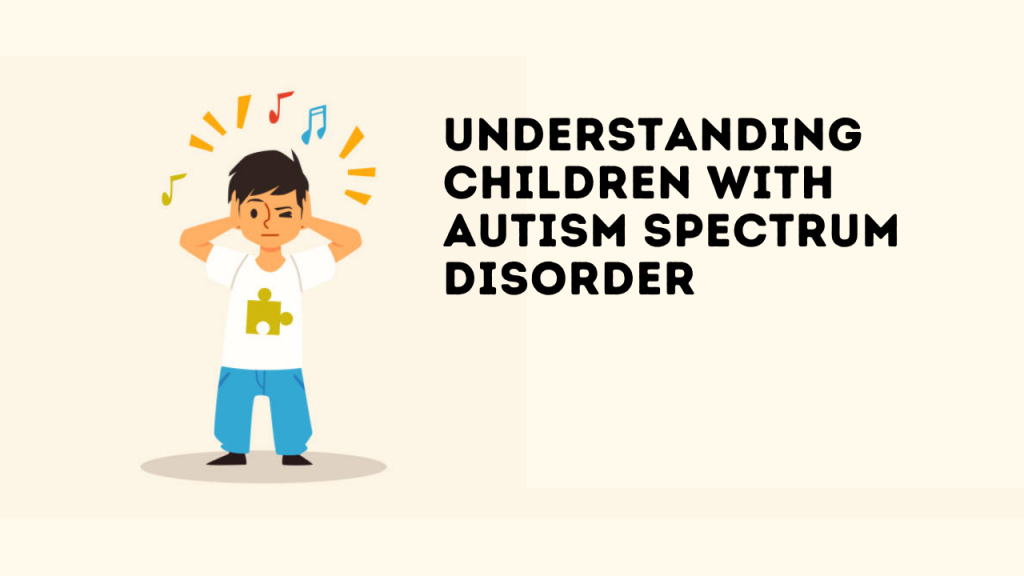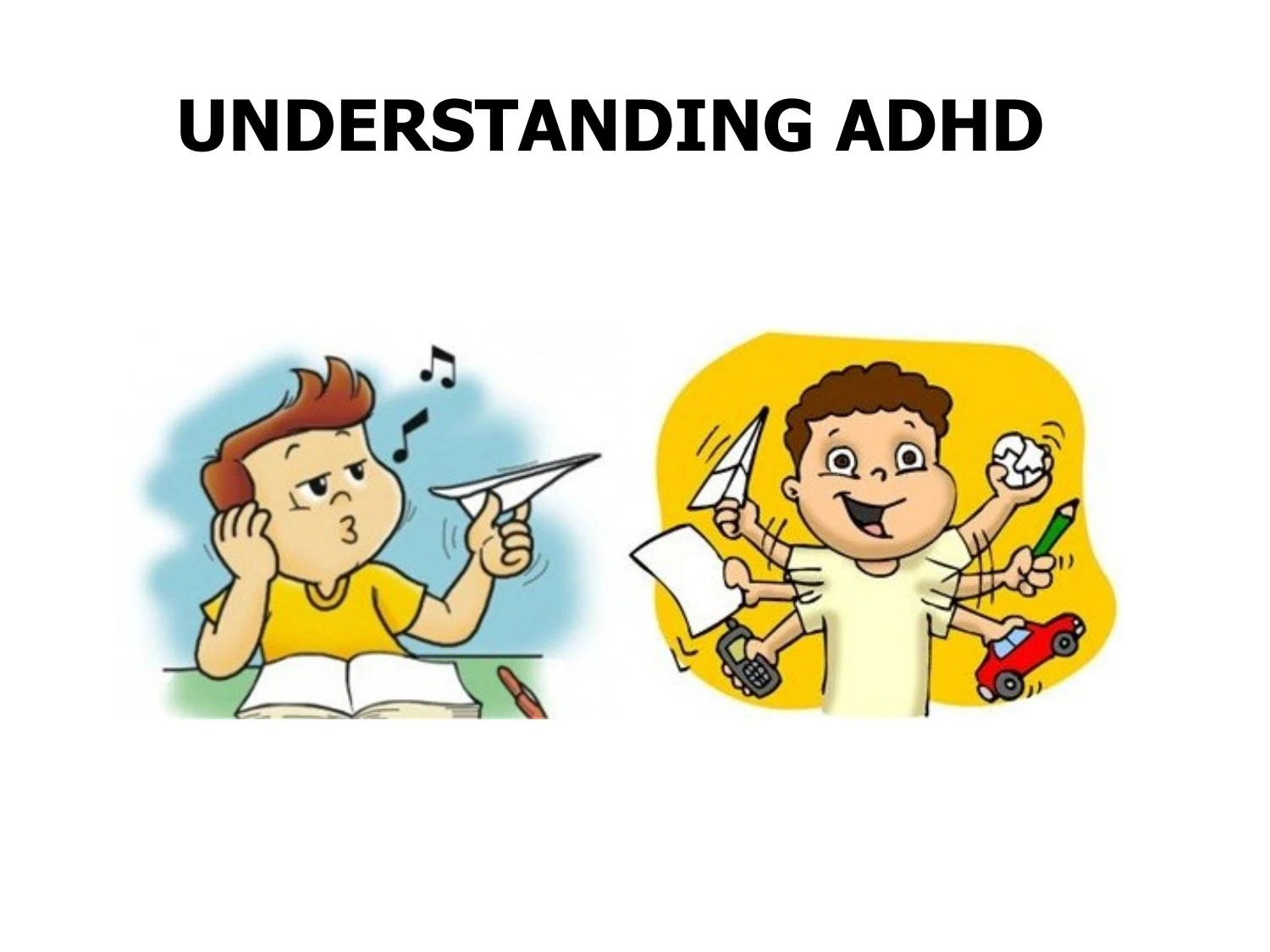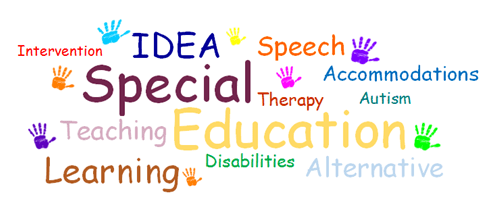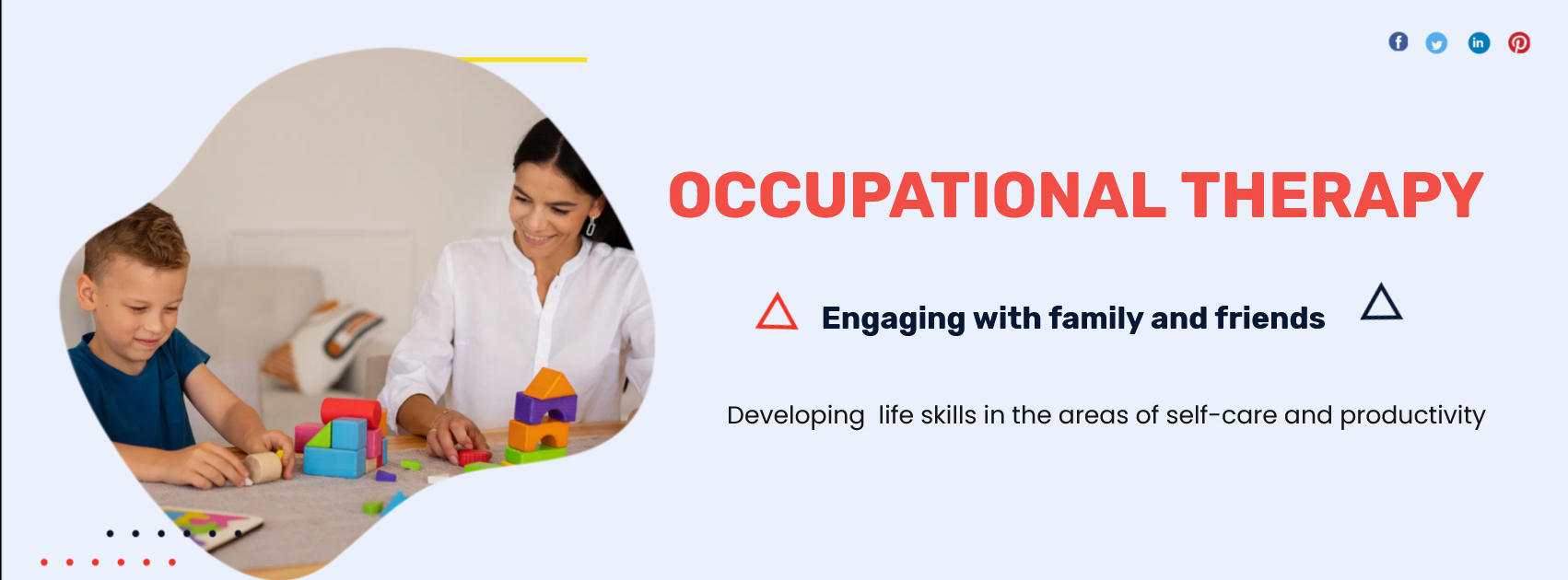
Advantages of Speech Therapy
- Improved Communication Skills:
- Better Confidence
- Enhanced Social Interaction
- Language Development
- Improved Cognitive Skills
- Swallowing and Feeding Improvement
- Support for Communication Disorders
- Enhanced Academic Performance
Advantages of Occupational Therapy
- Improved Daily Functioning
- Enhanced Motor Skills
- Increased Independence
- Support for Mental Health
- Recovery from Injury or Illness
- Improved Sensory Processing
- Support for Children with Developmental Delays
- Pain Management
Advantages of Behaviour Therapy
- Effective for a Wide Range of Disorders
- Improved Emotional Regulation
- Increased Self-Awareness
- Enhancement of Problem-Solving Skills
- Reduction of Maladaptive Behaviors
- Improved Communication Skills
- Focus on Observable Changes
- Time-Limited and Goal-Oriented
Occupational therapy (OT) is a branch of healthcare that focuses on helping individuals perform daily tasks and activities (also known as "occupations") that are important to them. The goal of occupational therapy is to help individuals regain, develop, or maintain the skills needed to live independently and lead fulfilling lives, especially when faced with physical, mental, developmental, or cognitive challenges.
Key Components of Occupational Therapy:
-
Assessment and Evaluation: Occupational therapists begin by evaluating an individual’s abilities, challenges, and environment to understand the impact of various factors on daily functioning. This might involve assessing physical abilities, cognitive skills, sensory processing, and emotional or psychological well-being.
-
Individualized Treatment Plans: Based on the assessment, occupational therapists create customized treatment plans to meet the unique needs of each person. These plans may focus on improving specific skills, adapting the environment, or both.
-
Activity Modification: Occupational therapists may suggest changes to the way an activity is performed, making it easier and safer. This could include breaking down complex tasks into smaller steps or introducing adaptive equipment.
-
Use of Adaptive Equipment: OT often involves recommending or providing adaptive tools and devices to assist with daily tasks, such as specialized utensils, mobility aids, or communication devices. These tools help individuals perform tasks that they might otherwise struggle with.
-
Education and Training: Occupational therapists educate patients and their families about strategies to cope with disabilities and teach techniques for maximizing independence, managing time, and reducing stress in daily life.
-
Environmental Modifications: OT may involve making modifications to the home, school, or workplace to ensure safety and accessibility. This can include adding grab bars in bathrooms, ramps for wheelchairs, or reorganizing spaces to make them easier to navigate.
Areas of Focus in Occupational Therapy:
-
Physical Rehabilitation: OT is often used for individuals recovering from injury, illness, or surgery. It helps rebuild strength, mobility, and function, allowing people to regain the ability to perform essential tasks.
-
Cognitive and Neurological Rehabilitation: For individuals with brain injuries, dementia, or neurological conditions (like stroke or multiple sclerosis), OT helps address cognitive and memory challenges, enabling them to manage daily activities effectively.
-
Mental Health: Occupational therapy also plays a role in supporting individuals with mental health conditions such as anxiety, depression, or PTSD. OT can help individuals build coping skills, manage stress, and engage in meaningful activities to improve emotional well-being.
-
Developmental Disorders: Children with developmental delays, autism spectrum disorder (ASD), or attention deficit hyperactivity disorder (ADHD) can benefit from OT to improve skills in motor coordination, sensory processing, self-regulation, and social interaction.
-
Sensory Processing Issues: For individuals who have difficulties processing sensory input (common in autism or sensory processing disorder), OT helps them learn how to better handle stimuli, such as light, sound, touch, and movement, by offering strategies to manage sensory overload or underreaction.
-
Geriatrics: Occupational therapists work with older adults, particularly those who are aging in place or dealing with conditions such as arthritis, osteoporosis, or dementia. OT helps improve mobility, prevent falls, and maintain independence in daily activities.
-
Workplace and Ergonomics: OT can help individuals manage work-related tasks by assessing the physical demands of the workplace and recommending ergonomic adjustments to prevent injury and reduce strain.
Key Techniques in Occupational Therapy:
-
Task-Oriented Approaches: In OT, individuals engage in real-life tasks to practice and build skills, such as cooking, grooming, or managing finances. These activities are meaningful and functional, and help individuals feel more capable.
-
Therapeutic Exercises: OT often involves strengthening exercises, stretching, or motor coordination activities that help individuals improve physical functioning, such as improving grip strength, joint mobility, or overall dexterity.
-
Sensory Integration Therapy: For individuals with sensory processing difficulties, therapists use activities designed to improve how the brain processes sensory information, helping individuals to respond more appropriately to stimuli.
-
Cognitive Rehabilitation: This focuses on improving cognitive skills such as memory, attention, problem-solving, and executive function. Techniques may include games, puzzles, or structured exercises to help the individual maintain or regain cognitive abilities.
-
Adaptive Techniques: Occupational therapists teach alternative strategies for performing tasks, such as using a reacher to pick up items off the floor, or teaching a person how to use assistive devices to eat, write, or bathe.
-
Environmental Modifications: OT often involves advising on how to adapt the home or workplace environment to make it safer and more functional, such as installing ramps, widening doorways, or using special seating for comfort and support.
Benefits of Occupational Therapy:
-
Increased Independence: OT helps individuals become more self-sufficient by teaching new skills or ways to manage tasks. This leads to greater independence in personal care, work, and recreational activities.
-
Improved Quality of Life: By supporting functional abilities and addressing barriers, occupational therapy enables individuals to engage in meaningful activities, leading to a greater sense of fulfillment and purpose.
-
Enhanced Mobility and Physical Functioning: OT helps individuals regain or improve physical abilities, mobility, and endurance, which allows them to perform everyday tasks with more ease and less pain.
-
Better Cognitive Function: OT can help individuals with cognitive deficits improve memory, attention, and problem-solving abilities, supporting their ability to live independently and manage day-to-day responsibilities.
-
Preventing Injuries: Occupational therapists can educate individuals on injury prevention strategies, ergonomic practices, and how to avoid repetitive strain or falls, especially in the workplace or home setting.
-
Support for Mental Health: OT helps individuals manage the emotional and mental health challenges that may affect their ability to function. It provides tools to reduce stress, improve coping strategies, and engage in activities that boost well-being.
-
Increased Social Participation: OT helps individuals improve social skills, communication, and self-regulation, which can enhance relationships and support active participation in social and community activities.
When Is Occupational Therapy Needed?
- After an injury or surgery (e.g., recovering from a stroke, spinal cord injury, or joint replacement).
- For children with developmental delays (e.g., difficulties in learning, motor coordination, or social skills).
- For those with cognitive impairments (e.g., dementia or brain injuries).
- For adults with chronic conditions (e.g., arthritis, multiple sclerosis, or chronic pain).
- For mental health concerns (e.g., anxiety, depression, PTSD, or stress management).
- For seniors aging in place (e.g., addressing mobility, fall prevention, and daily living activities).

